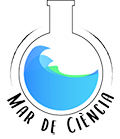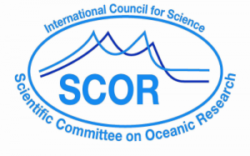Presentation of the edition
The Ramon Margalef Colloquia are inspired by the scientific legacy of Ramon Margalef (Barcelona, 1919-2004). We want to honor his holistic approach by presenting an exciting program addressed to students and postdocs interested in ecology, modeling and global biogeochemical cycles. Under the motto “A cross-system view of the biological carbon cycle in the Anthropocene”, the 2021 Colloquia aims at promoting creative thinking by bringing together ecological knowledge from experts on terrestrial, limnetic and marine systems.
Through cross-system discussions between students and the invited experts, the analogies and disparities concerning the ecology and biogeochemical functioning of aquatic and terrestrial ecosystems will be highlighted.










